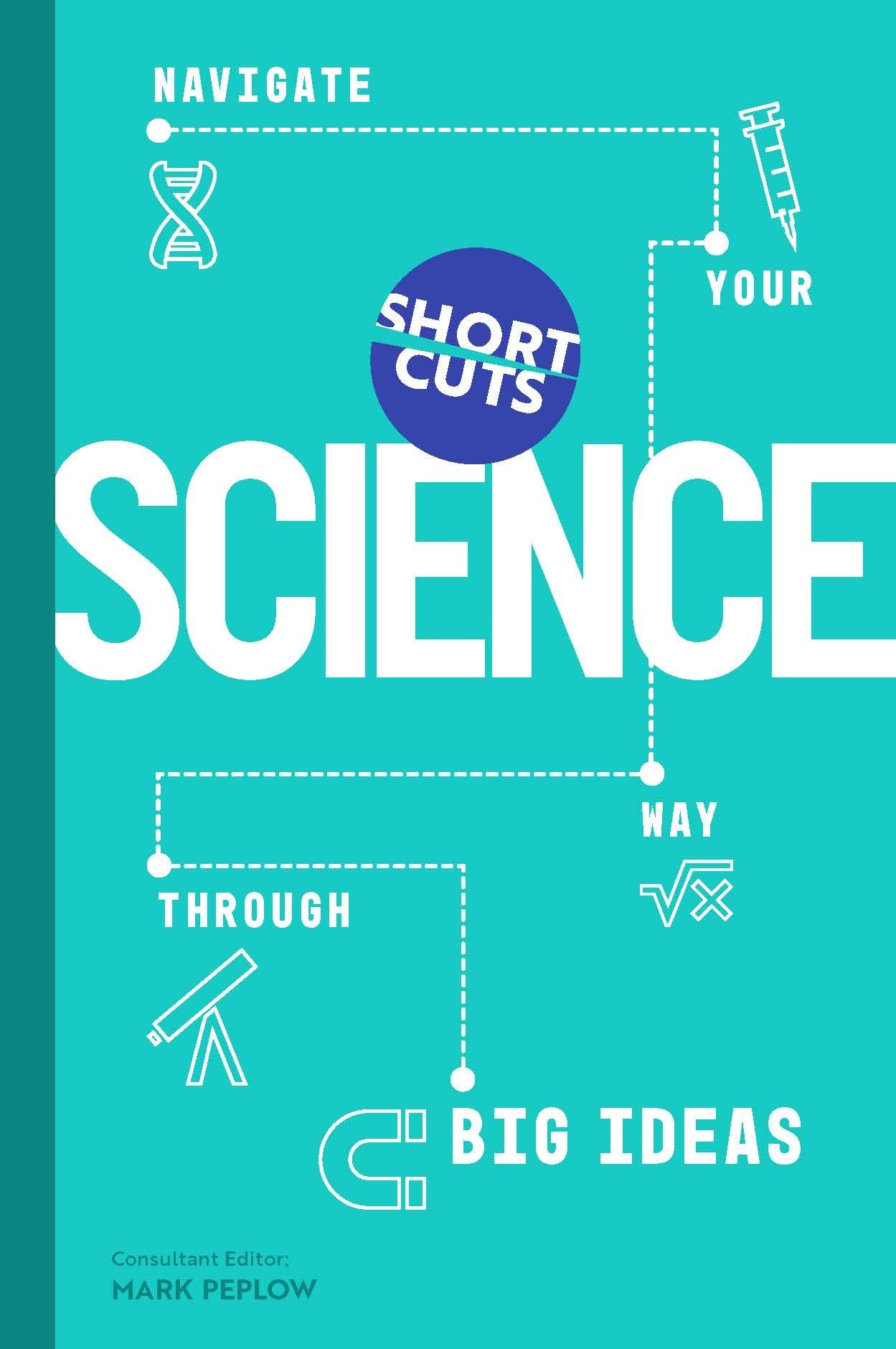In science communication, the negative effects of hype are familiar. The question is whether hype is always a distortion and a lie, or can it be redeemed? This essay reviews the contribution of. Several science studies scholars report instances of scientific hype, or sensationalized exaggeration, in journal articles, institutional press releases, and science. Hype, broadly speaking, involves an exaggeration, such as exaggerations about the significance or certainty of research findings;
In science communication and academic publishing, hype in science is the exaggeration and sensationalism of scientific discoveries when submitting discoveries to scientific journals and. Hype, broadly speaking, involves an exaggeration, such as exaggerations about the significance or certainty of research findings; The promise, safety, or future application of research. Paula tallal, a board of governors' professor of neuroscience at the rutgers center for molecular and behavioral neuroscience (cmbn) and a pioneer researcher in the science of. How can hypocrisy by scientists and their key institutions be exposed and discouraged, to prevent degeneration of the entire system into fakery? Finally, who can and. Hype language and disruptiveness in science have yet to be declared as inherently good or badthat may be for scientists now exploring these tendencies to decide. It has been suggested that genomic research is frequently inappropriately hyped, in both the popular press and the scientific literature, and that this hype has the potential to. Inviting unexpected engagement with science and technology futures. The contribution of hype to science is reviewed, specifically in terms of encouraging reflexivity for science and technology,.
Unreleased Jessica Kinley Photos: A Rare Glimpse
Woah Vicky's Life After The Leak: A Shocking Turn
Mika Lafuenre: The Leak That Broke The Internet
